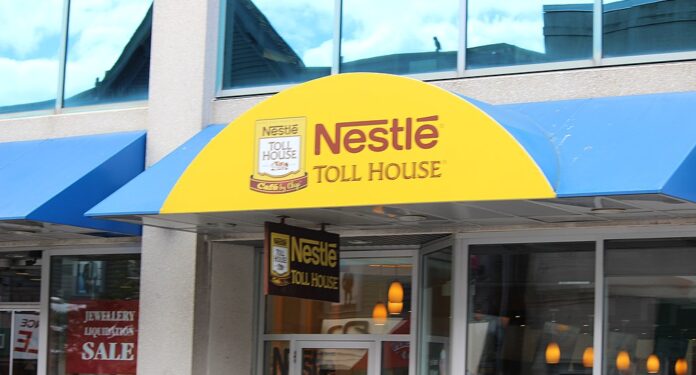Investigation reveals double standards in Nestlé’s baby foods across different economies
Nestlé’s baby food products are under scrutiny after an investigation revealed a stark contrast in sugar content between high-income and low- to middle-income countries. While Nestlé’s baby foods in affluent nations contain no added sugars, products in poorer countries are laced with unhealthy levels of added sugars, potentially leading to detrimental health effects for children.
Public Eye and the International Baby Food Action Network (IBFAN) conducted the investigation, highlighting what they deem an “unjustifiable double standard” in Nestlé’s practices. According to the report, adding sugars to baby foods in low-resource countries goes against expert recommendations and contributes to unhealthy eating habits in children.
Embed from Getty ImagesRodrigo Vianna, an epidemiologist and professor at the Federal University of Paraíba in Brazil, described added sugars in baby foods as “unnecessary and highly addictive,” leading children to develop a preference for sugary diets and increasing the risk of obesity and other health issues later in life.
The investigation compared the sugar content of Nestlé’s Cerelac and Nido products, popular baby food brands in low- to middle-income countries, with those sold in high-income countries. For example, a Cerelac wheat cereal product in countries like Thailand, Ethiopia, and Pakistan contained up to 6 grams of added sugar, while the same product in the UK and Germany had none.
In some cases, the sugar content was alarmingly high, such as a Cerelac baby cereal product in the Philippines with 7.3 grams of sugar. These levels far exceed recommendations, as children under 2 years old should ideally have zero added sugars in their diets.
Nestlé defended its practices, citing local regulations and ingredient availability as factors influencing sugar content. However, critics argue that this double standard is unjustifiable, as the company refrains from adding sugars to its baby products in Switzerland, where it is headquartered.
The World Health Organization (WHO) has raised concerns about childhood obesity, with millions of children worldwide affected. Nestlé’s history of controversial marketing of baby products in poorer countries, dating back to the 1970s and ’80s, adds to the scrutiny. Despite ongoing boycotts, Nestlé maintains that it follows international standards for marketing breast milk substitutes
